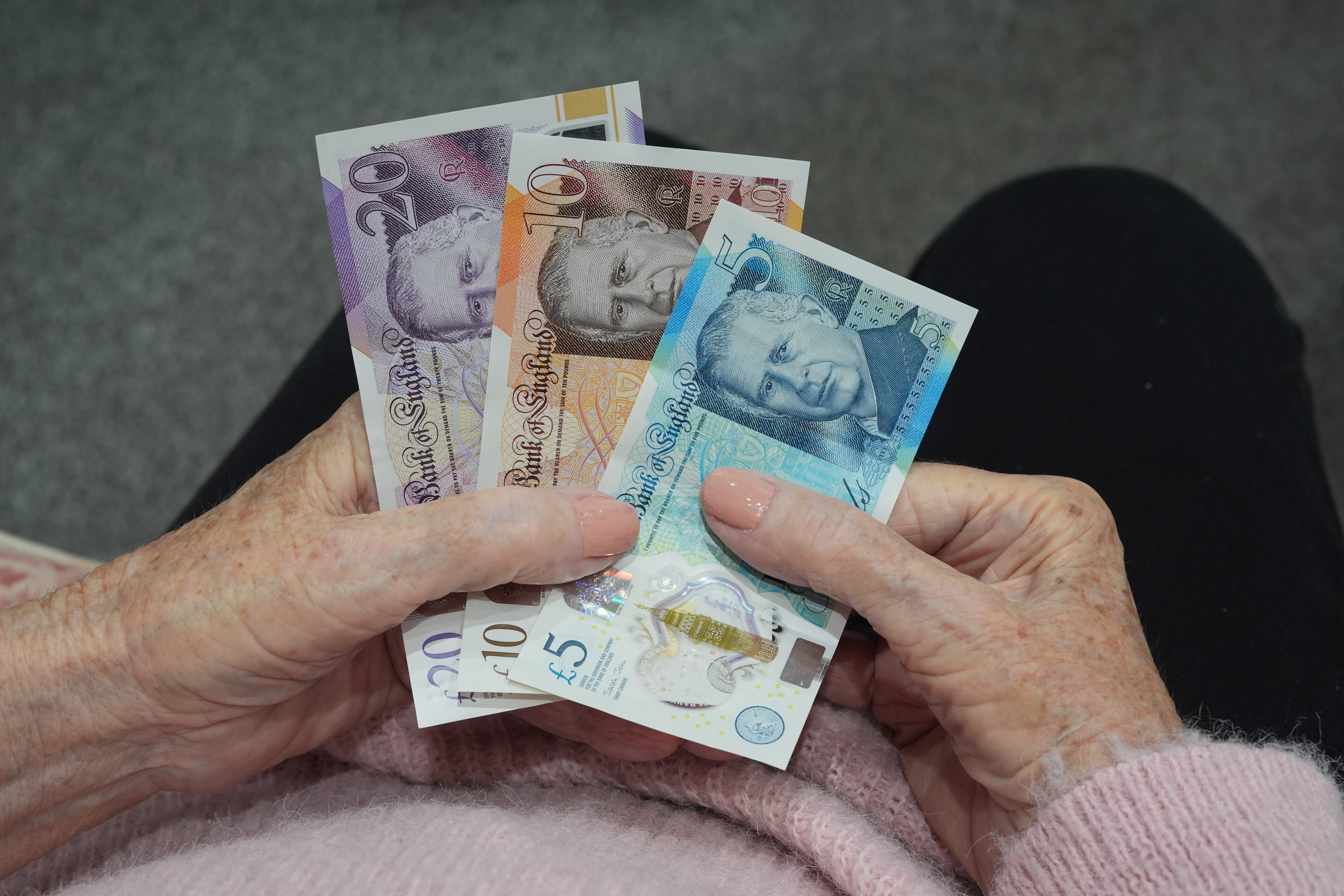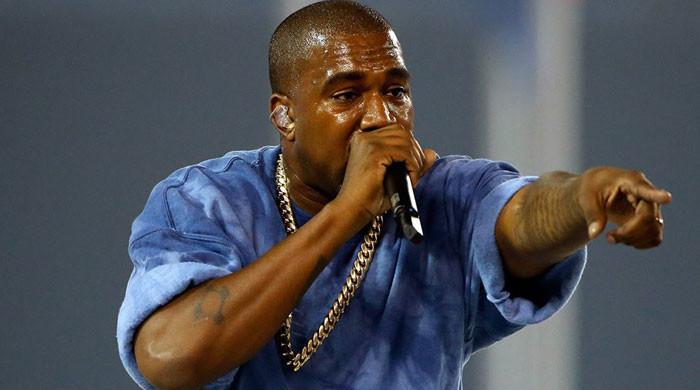
This is exactly what happens to your pension when you die
Planning for retirement often revolves around maximising pension income, but what happens to these funds after death is less discussed.
Understanding the fate of your pension is crucial for estate planning, ensuring your wishes are carried out.
The state pension, available to those 66 or older with sufficient National Insurance contributions, generally ceases upon death and isn’t inheritable. However, some exceptions exist.
Those eligible for the Additional State Pension (men born before April 6, 1951, and women born before April 6, 1953) may have different provisions.
Additionally, a surviving spouse’s National Insurance contributions and any deferred pension payments can impact what benefits, if any, continue after death.
It’s crucial to contact the Pension Service for personalised guidance on your specific circumstances.
A few scenarios to consider
Inheritance rules regarding the state pension can be complex, varying depending on individual circumstances. While the state pension generally isn’t inheritable, certain situations allow for spouses or civil partners to receive additional benefits.
If death occurs before reaching state pension age, a surviving spouse or civil partner who hasn’t yet reached pension age may be eligible for additional pension benefits.
For those who pass away after reaching state pension age, the rules differ depending on the pension system. Under the pre-2016 system, if the deceased received the Additional State Pension, their partner might inherit a portion of it. Those on the post-2016 system may be entitled to increased pension payouts.
Get a free fractional share worth up to £100.
Capital at risk.
Terms and conditions apply.
Get a free fractional share worth up to £100.
Capital at risk.
Terms and conditions apply.
If the state pension was deferred and hadn’t been claimed before death, the surviving spouse or civil partner may receive a lump sum payment or increased payments on their own pension.
It’s important to note that the state pension is typically linked to an individual’s National Insurance contributions and therefore doesn’t automatically transfer to a spouse or partner upon death.
What happens to private pensions when you die?
Private pensions work very differently, and in many instances can be passed on to a beneficiary or beneficiaries in the event of your death. There are two kinds of workplace pensions, however, and it’s important to understand what they are, how they work, and how passing them on can differ.
“Workplace pensions come in two main types: defined contribution (DC) and defined benefit (DB),” explains Fiona Peake, personal finance expert at Ocean Finance.

“With a DC pension, it’s all about the pot of money you’ve built up. If you pass away before age 75, your beneficiaries can usually access this money tax-free, as long as it’s paid out within two years. After 75, they’ll likely need to pay income tax on any withdrawals at their own rate.”
An important element here is in whether beneficiaries have been nominated.
If they have, either by informing your pension provider or by naming beneficiaries in your will, they will typically receive your DC pension under the conditions Ms Peake has explained.
In cases where no beneficiary has been named, the pension provider may decide where it goes on your behalf and it will typically be endowed to your estate. Under these circumstances, the funds would be eligible for inheritance tax, depending on the total value of your estate.
If you’ve already begun drawing your private pension, the ways it can be passed on will be affected by how you decided to access it.
If you chose a drawdown option, in which the bulk of your money remains invested while you withdraw what you need, anything remaining in your fund can usually be inherited by a beneficiary.
“Lump sum payments or setting up an income for beneficiaries are both common options,” says Ms Peake.
For those who opt for annuities, however, the terms can be more limiting.
“If you’ve bought an annuity with your pension, it’s important to check the terms,” Ms Peake continues.
“A basic annuity stops paying out when you die, but if you’ve got a joint or guaranteed term annuity, there might be payments that continue to your spouse, partner, or dependants.”

That’s defined contribution pensions covered, but what about defined benefits pensions?
DB pensions, sometimes known as final salary pensions, provide a continued, guaranteed income rather than a money pot from which to draw.
“When you pass away, some schemes might pay a percentage of this income to your spouse, partner, or dependants,” explains Ms Peake.
“The exact rules depend on the scheme, so it’s worth checking with your provider to see what applies.”
If you have a DB pension in place but your spouse or civil partner is not listed with it, it will typically stop upon death unless that particular scheme allows for continued payments to your children or other dependants. Regardless of the type of private pension you have, it’s important to name your beneficiaries and keep that information up to date.
“One area where people can sometimes lose out is forgetting to nominate a beneficiary for their pension,” says Ms Peake.
“Most workplace pensions let you name who you’d like to benefit from your pension when you die, and it’s something you can usually update if your circumstances change. For example, if you’ve divorced or remarried, you might want to revisit this to make sure it reflects your wishes.”
Looking forward
Pension rules face a significant overhaul in April 2027, impacting how they are taxed after death, according to Joshua White, Head of Growth at Level.
Currently, most unused pension funds are exempt from inheritance tax, but this will change. From April 2027, these funds will be included in the value of an estate for inheritance tax purposes.
This change will particularly affect individuals on defined benefit schemes. Those on defined contribution pensions will be less impacted.
The shift also has broader tax implications, especially concerning “fiscal drag”, where frozen tax thresholds pull more people into the tax system due to wage inflation.
“Given current property prices and fiscal drag, we at Level estimate that around one million UK properties currently just below the inheritance tax threshold could become liable due to these changes. As property is often the main asset in an estate, this will bring many estates into the scope of inheritance tax for the first time,” Mr White says.
“It’s clear from HMRC’s consultation notes that this change is designed to prevent pensions from being used as a tax-planning tool rather than a means of providing for retirement. Executors and beneficiaries need to be aware of the potential tax implications and plan accordingly.”
It is important to be abreast of upcoming changes and how they will impact upon your situation.
If you’re ever in doubt or need further guidance, it’s never too late to get in touch with a financial adviser or pensions expert to assist with understanding your own circumstances, your options, and how you can pass on your pension when the time comes.










